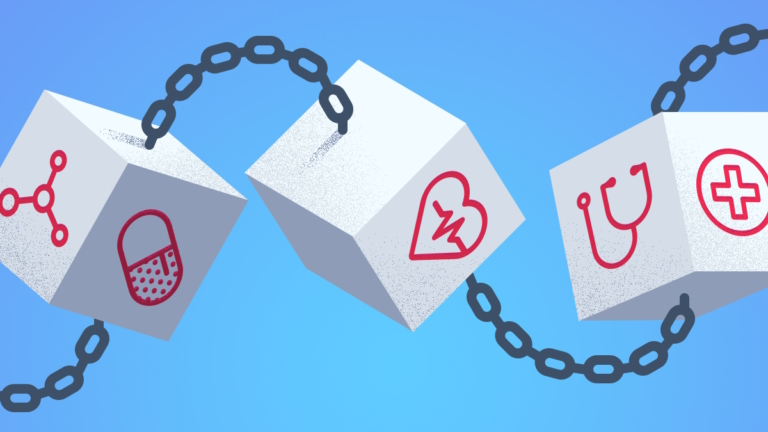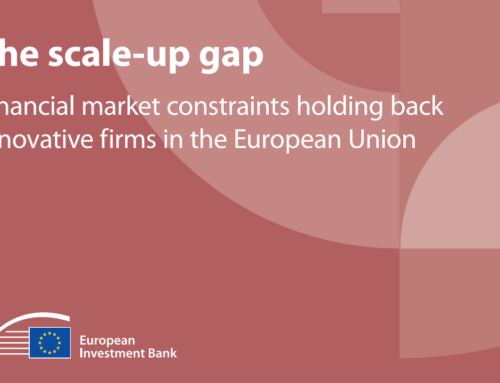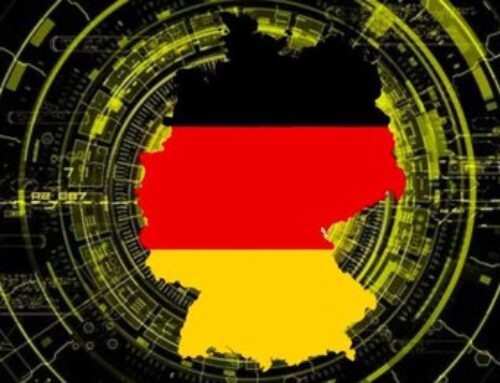Blockchain technology promises to revolutionize the healthcare sector by enhancing data security, integrity, and transparency. However, in Germany, its adoption faces significant hurdles due to stringent regulations and privacy concerns.
The Potential of Blockchain in Healthcare
Blockchain technology can secure patient data, improve supply chain transparency, verify the authenticity of medicines, and streamline biomedical research. Despite these benefits, Germany’s healthcare sector has yet to embrace blockchain widely.
In 2019, the German Federal Ministry of Health acknowledged blockchain’s potential, selecting promising projects such as secure electronic prescriptions and decentralized patient consent services. Yet, implementation has lagged, with many initiatives remaining isolated and unexecuted.
Regulatory and Privacy Challenges
Germany’s highly regulated healthcare environment poses a significant barrier to blockchain adoption. Professor Volker Nürnberg of the Technical University of Munich highlights the difficulty startups face in navigating the legal complexities. Additionally, the General Data Protection Regulation (GDPR) imposes strict data security and confidentiality requirements, complicating blockchain’s transparency and immutability features.
According to Lukas Weidener, a doctor and blockchain investor, these challenges might push firms in other countries ahead, limiting Germany’s influence in the global blockchain landscape. Nevertheless, he believes that adhering to GDPR can establish Germany as a leader in developing secure, patient-oriented blockchain solutions.
Overcoming Blockchain’s Reputation
Blockchain’s association with cryptocurrencies, often viewed as volatile and environmentally unfriendly, further hinders its acceptance in healthcare. Decision-makers and users in the sector remain skeptical, especially when sustainability is a priority.
The Path Forward
To harness blockchain’s full potential in healthcare, substantial investment in research, technology, and expertise is essential. Collaboration between technology developers, data protection officers, and regulatory authorities is crucial to creating innovative, compliant solutions that advance both technical progress and patient data security.
Germany stands at a crossroads: Will it overcome these challenges and become a pioneer in blockchain healthcare solutions?









